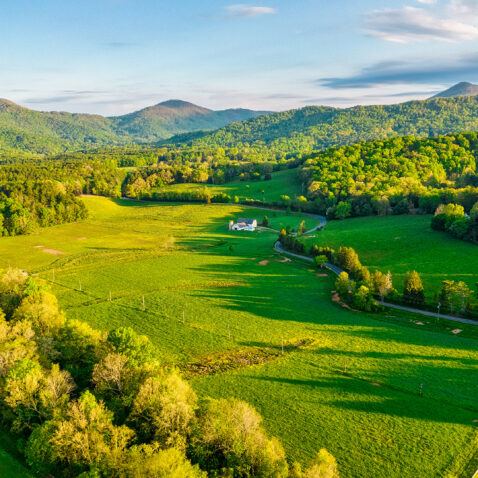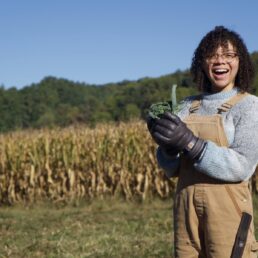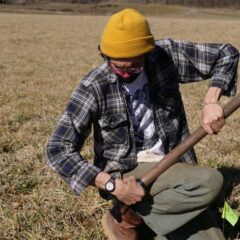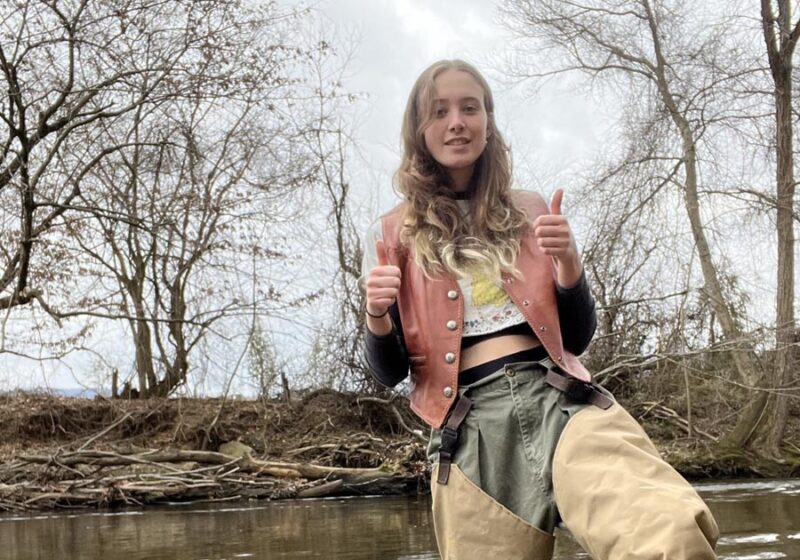We understand that working lands should not only generate income for landowners but also harbor and maintain biodiversity, protect open space, provide local communities with a sense of place, maintain healthy ecosystems, protect rural ways of life, and mitigate the effects of climate change.
Our farm, forest, garden, and green spaces offer you the chance to explore and experiment with balancing these ecological goals with economic and social benefits. We’ll connect you to real world problems and solutions through experiential education and research focused on five solution areas: Climate Forward Agriculture, Food Justice, Land and Habitat Conservation, Ecological Landscape Design and Sustainability Leadership.



